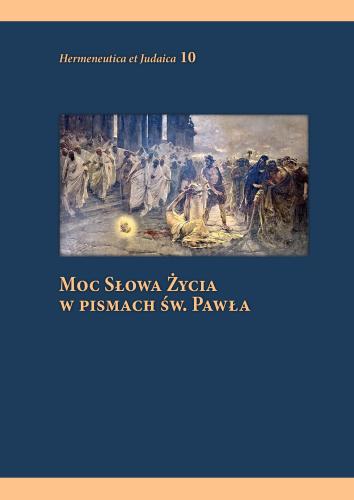The Triumphant Struggle of Truth Over Falsehood in the Book of Revelation
Synopsis
The article delves into the significance of truth and falsehood in the Book of Revelation, paying particular attention to the absence of the direct term ἀλήθεια, despite its importance in other Johannine writings. The author examines the use of terms related to truth, such as ἀληθινός, and those associated with falsehood, including ψευδής, ψεῦδος, and ψεύδομαι. It is highlighted that the word ἀληθινός appears ten times, predominantly in contexts where God and Jesus are portrayed as «True» and «Faithful» underscoring their authenticity, reliability, and the unassailable nature of their judgments. In the first part of the article, the author scrutinizes passages that emphasize truth and authenticity in Revelation. This includes an analysis of the Letters to the Seven Churches, where Jesus introduces Himself as «Holy and True,» urging the faithful to persevere in their commitment despite challenges. The discussion extends to heavenly visions where God is exalted for His «true and just» judgments, and the saints are depicted as beneficiaries of His faithfulness. The author notes that those who remain steadfast are promised immense rewards, such as becoming «pillars» in God’s temple and sharing in the divine throne, symbolizing eternal communion with the Divine. The second part focuses on representations of falsehood and deception, exploring the usage of terms like ψευδής, ψεῦδος, and ψεύδομαι. The article demonstrates that falsehood is attributed to entities such as false apostles, those who falsely claim to be Jews, and other opponents of God. These individuals are depicted as ultimately facing severe consequences, including exclusion from the New Jerusalem and condemnation to the lake of fire. The author emphasizes that liars and deceivers are systematically denied participation in the heavenly realm, highlighting the gravity of engaging in falsehood. In conclusion, the article underscores that Revelation calls for unwavering adherence to truth and faith in Jesus, the singular «True One,» while resolutely rejecting falsehood and deceit. The author suggests that in a world rife with deception, God serves as the only immutable and trustworthy point of reference. Believers are encouraged to emulate God’s truthfulness to attain salvation and eternal life in the New Jerusalem. The dichotomy presented between God’s truth and worldly falsehood serves as a compelling exhortation for readers to align themselves with truth to secure their place among the redeemed.



